
The Royal Commission into Family Violence report: what it means for LGBTI Victorians
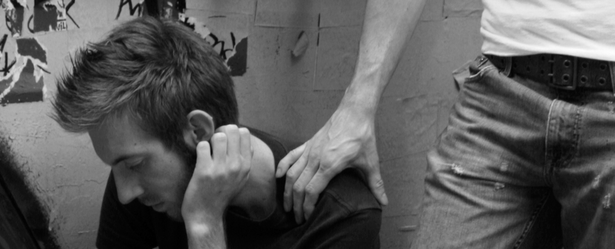
THE Victorian Government has promised to implement all 227 recommendations found in the Royal Commission into Family Violence report, which was released after a 13-month statewide inquiry into how to fix the system.
The report was a culmination of oral and written submissions by survivors of family or domestic violence along with those working in the sector.
Within the 1900-page report, a number of recommendations were made focusing on family and intimate partner violence in the LGBTI community. These included:
- Ensuring all funded family violence services receive a Rainbow Tick accreditation by the end of 2018.
- Providing funding within 12 months for community education campaigns, specialist LGBTI training for family violence services, and the development of LGBTI-specific resources.
- Reviewing the Equal Opportunity Act 2010 and birth certificate laws within 12 months, to remove any capacity for family violence service providers to discriminate against LGBTI people.
- Asking the Victorian LGBTI Taskforce to advise on effective prevention strategies and responses within two years.
Victorian Gay and Lesbian Rights Lobby (VGLRL) co-convenor Sean Mulcahy said it was great those experiencing family violence in the LGBTI community were being recognised.
“It’s encouraging that the community has acknowledged that family violence in the LGBTI community has for a long time been an invisible problem, in all parts of the system,” he told the Star Observer.
“It’s also really encouraging that the commission has called for a review of the Equal Opportunity Act, to ensure that trans and intersex people can have their rights recognised and protected.
“These recommendations are critical to ensuring LGBTI people can access family violence services that understand their particular needs, and it encourages LGBTI people experiencing family violence to seek help.”
The report also mentioned the work being undertaken by the Safe Schools Coalition in relation to providing training in schools to reduce homophobia and transphobia.
“It echoes our call for the government to continue funding this program, as the program clearly highlights it as another example of a positive program in schools,” Mulcahy said.
A 2008 Victorian survey found one in three LGBTI people reported being in an abusive relationship, a rate that increased for trans and intersex people.
The report highlighted that in many of these instances, homophobia and transphobia were barriers for LGBTI people when reporting family or domestic violence.
Human Rights Law Centre advocacy director Anna Brown said it was important that LGBTI people felt safe seeking support when in those situations.
“It was really pleasing to see the commission recognise the invisibility of family violence experienced by lesbian, gay, bisexual, transgender, and intersex people,” she told the Star Observer.
“It’s critical that LGBTI people don’t face barriers to accessing services because of the fear or reality of discrimination… these are issues that we have already raised with the government and, thankfully, the recommendations can feed into processes already underway.
“I look forward to playing my part in the government’s LGBTI Taskforce so we can deliver some lasting positive change.”
The report also pointed to a lack of understanding and sensitivity among family violence services in responding to LGBTI victims and their specific needs.
Gay and Lesbian Health Victoria senior trainer Philomena Horsley believes that by ensuring all services receive a Rainbow Tick accreditation, it will make a big difference.
“It’s really overall an impressive document and it’s fully supportive of the LGBTI community in relation to family violence,” she told the Star Observer.
“Most importantly it seeks to fast-track inclusive practice in funded family violence services.
“By requiring a Rainbow Tick by 2018 it’s also asking the government to fund a range of initiatives including education programs, legal resources, and it encourages emergency accommodation to be more inclusive.”
It's time to change it all. #RCFVhttps://t.co/Y5ygYMkPTD
— Dan Andrews (@DanielAndrewsMP) March 30, 2016




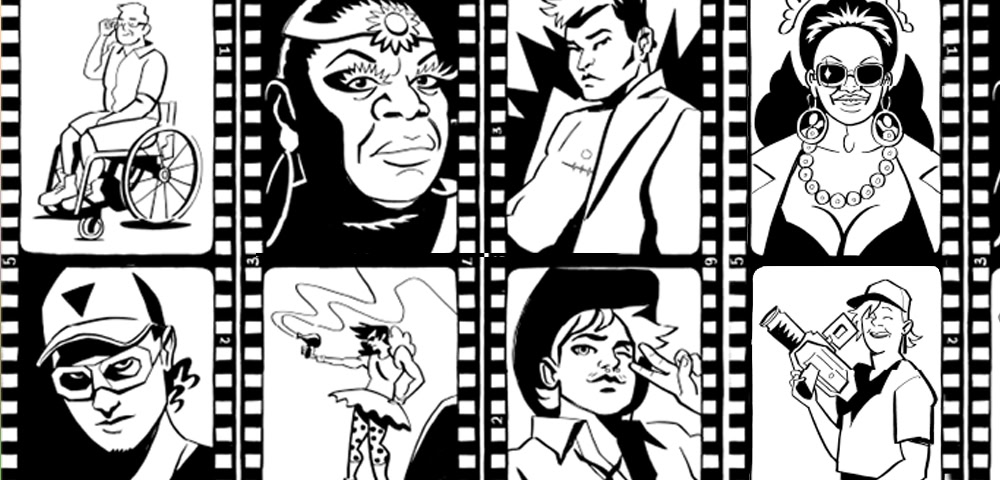
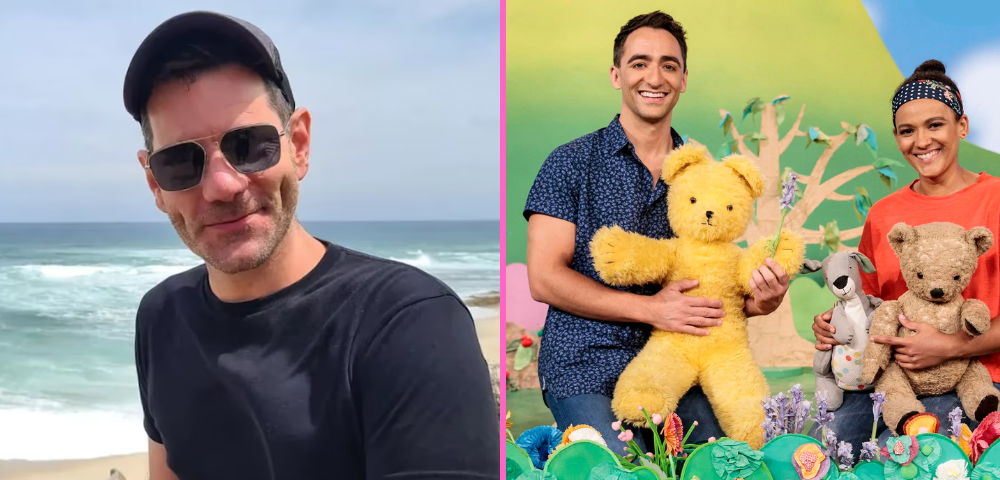


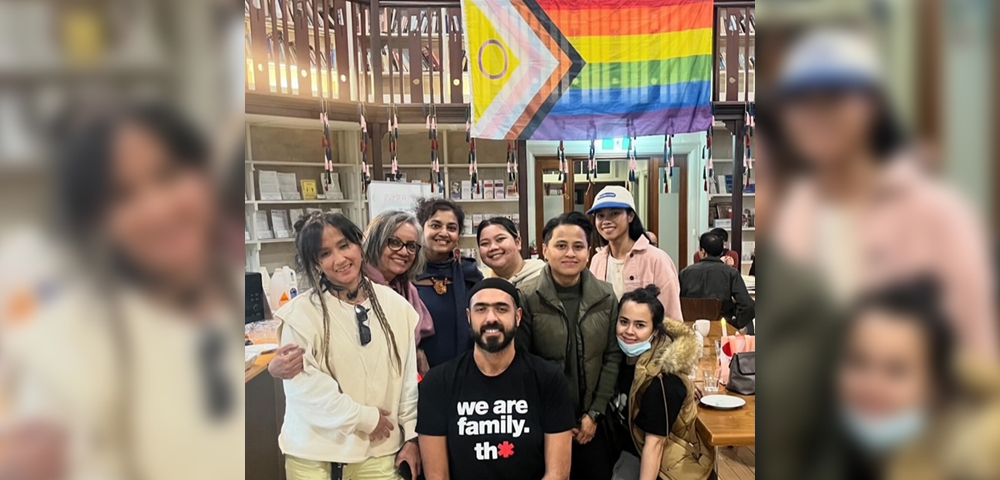
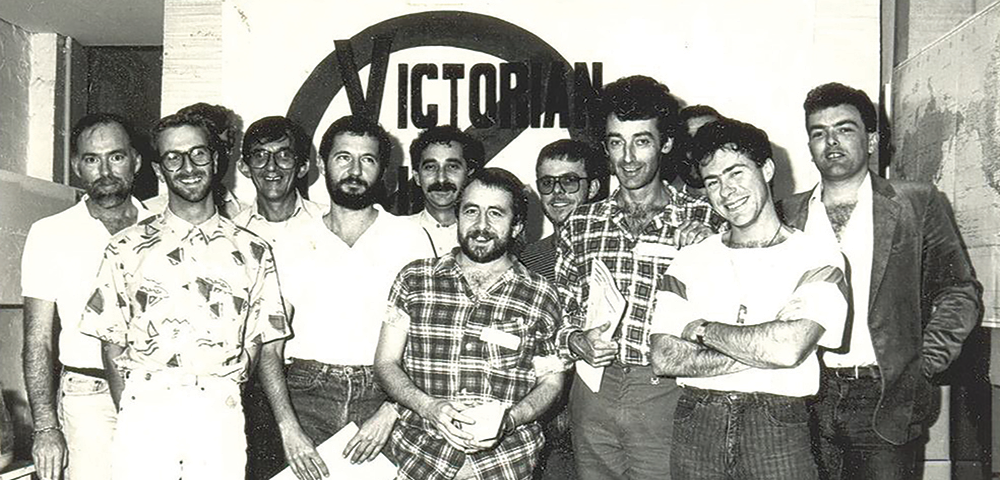
LGBTI community-led organisations already provide a first point of contact for victims of violence and family violence is among the mix. However we remain unfunded.
This is an important connection yet to be made with government policy and we look forward to bridging the gap and connecting to the Royal Commission’s recommendations.
Community-led participation in preventing family violence is important.
Great article. Well written Matt. We’re very lucky to have a genuinely progressive leader.